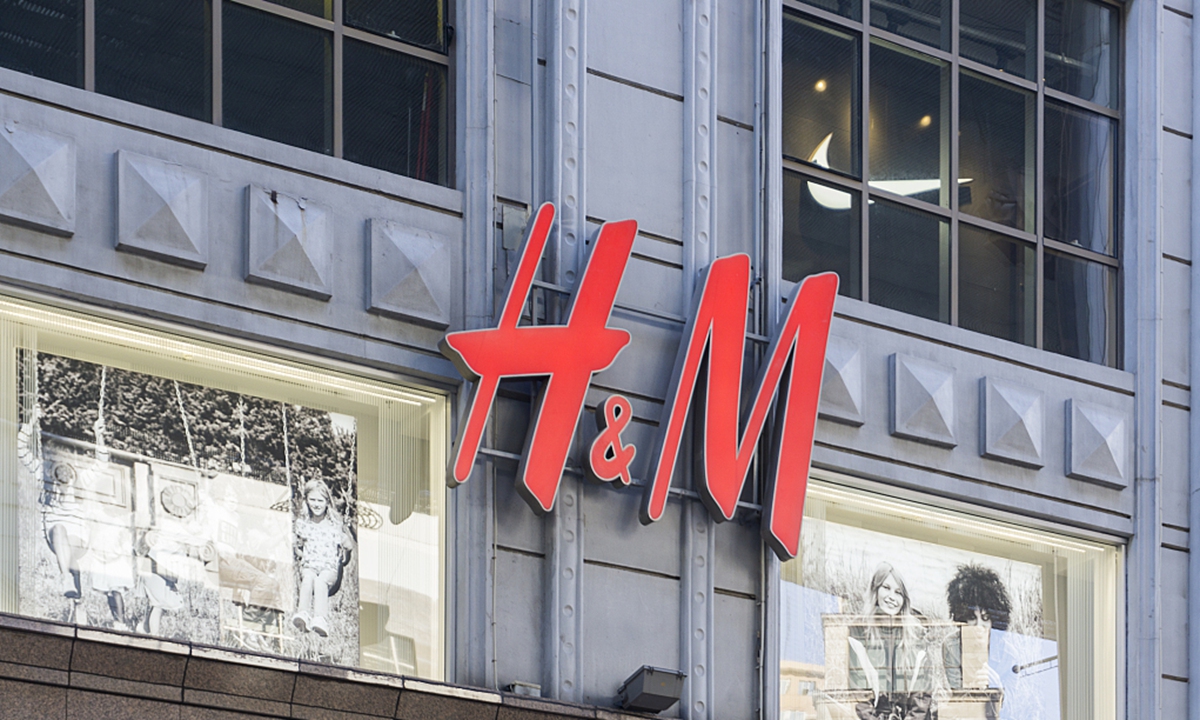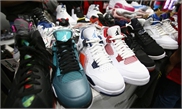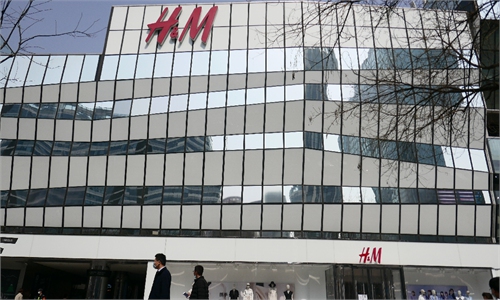
H&M. Photo: VCG
The General Administration of Customs (GAC) on Tuesday publicly listed a number of foreign companies, including well-known brands like Zara and Nike, for selling substandard children's products in the Chinese market, prompting criticisms and calls from consumer to punish companies.
Released on the International Children's Day, the GAC's list covers 81 batches of imported children's products that were flagged for quality issues between June 2020 and May 2021, involving clothes, toys, children's shows and feeding bottles.
Among companies named, LEGO was found to have exported plastics and projectile toys that don't meet China's quality and safety certification requirements.
Nike, H&M, Zara and Gap exported children's clothes whose dyes or harmful substances could enter children's bodies through their skin or mouths, potentially causing adverse reactions, according to the GAC.
Ralph Lauren's knitted tops for babies were also revealed to potentially cause harm if not used properly.
Some other companies' products were also exposed pose health risks for children, including potentially causing harm to children's gums and oral soft tissues, or causing children to ingest small items by mistake, resulting in choking.
The list sparked widespread criticism toward the foreign companies on Tuesday. On Chinese social media, some called on regulators to impose heavy penalties on those companies, while others are vowing support for domestic brands.
Some of the foreign brands, including H&M and Nike, have also been facing harsh criticism in China over their decisions to boycott cotton from Northwest China's Xinjiang Uygur Autonomous Region based on "forced labor" lies.
The GAC said that it has taken measures against the non-compliant products, including confiscating, destroying or returning the problematic goods.
China's children's garment market has grown rapidly over the past few years, and it is estimated to exceed 400 billion yuan ($62.76 billion) by 2022, industry data showed.


